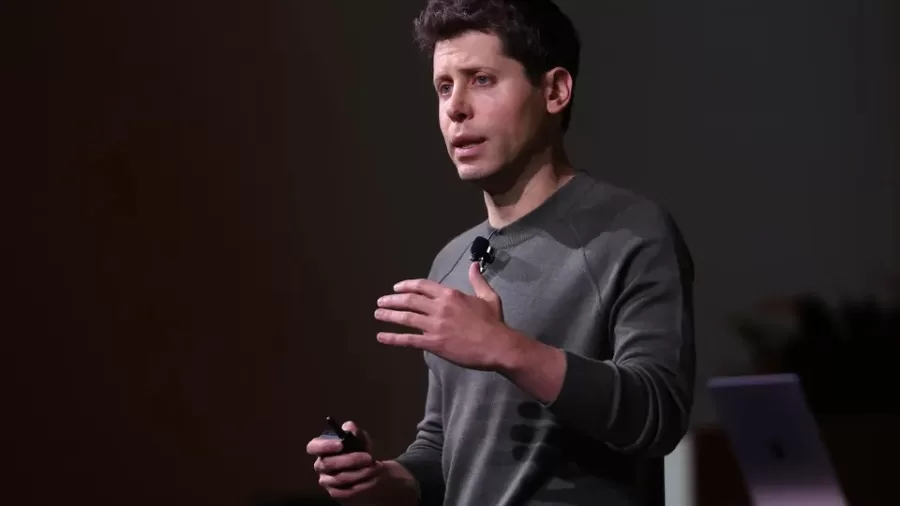Technology
OpenAI CEO Sam Altman Warns of an AI Fraud Crisis

- Sam Altman, CEO of OpenAI, warned that AI-generated voice deepfakes and soon video calls present an “impending, significant fraud crisis, ”as all present authentication methods, especially voice prints, are easily bypassable.
- A call was made to financial institutions to discontinue immediately the use of voice security and implement stronger multi-factor authentication while working with AI tools to detect impersonation scams.
In an address to the financial sector, OpenAI CEO Sam Altman ominously warned of the potential arrival of a major fraud crisis brought about by the ever-advanced capabilities of artificial intelligence.
The Threat to Voice Authentication
Altman highlighted the concerning fact that many banks still rely on voiceprint authentication—a method that he described as “crazy” in today’s AI landscape.
He warned:
“AI has fully defeated most of the ways that people authenticate currently, other than passwords.”
The core risk lies in deepfake voice technology, which can replicate a person’s voice with chilling accuracy and soon, even mimic video calls indistinguishable from the real thing. As Altman warned:
“Right now, it’s a voice call. Soon, it’s going to be a video FaceTime, indistinguishable from reality.”
A Security Wake-up Call for Banks
Addressing key stakeholders at a recent Federal Reserve conference in Washington, D.C., Altman urged immediate change. His remarks prompted Federal Reserve Vice-Chair Michelle Bowman to suggest collaborative development of AI tools to detect and prevent impersonation fraud.
This call to arms is timely. According to a survey of 600 bank cybersecurity professionals, 80% believe generative AI is empowering hackers faster than banks can protect themselves.
Beyond Banks: Wider Societal Implications
Altman didn’t just warn about banking fraud. He also touched on broader security concerns, including the potential for AI to facilitate digital espionage or even cyber-enabled biological threats. He expressed grave concern that adversarial AIs could outperform defensive systems.
What Must Change
- Absolutely avoid voiceprint authentication — Altman called it “crazy” that such outdated security remains in use.
- Invest in advanced security measures such as secure passwords, device-based verification, and continuous identity checks.
- Foster collaboration between financial regulators, banks, and AI firms to design new tools to detect AI-driven fraud.
- Educate consumers about emerging phishing threats—for instance, personalised video calls crafted by AI—and how to authenticate requests safely.
What This Means for Brands
For brands operating in finance or digital services, Altman’s alarm bell is a wake‑up call. To protect their reputation and customer trust, they must:
- Audit current authentication methods.
- Adopt multi-layered verification (including passwords, devices, and biometrics).
- Explore AI-powered fraud detection systems.
- Inform customers how to identify and avoid potential scams.
Looking Ahead: A Necessary Shift
Altman’s warnings make clear that the age of AI-fuelled impersonation is upon us. But with proactive preparation—technology upgrades, partnerships, and consumer education—businesses can stay a step ahead and emerge more resilient.
In UK pounds (GBP), the cost of fraud detection technologies and identity verification platforms can range from low thousands to tens of thousands of pounds annually, depending on the scale and sophistication. While this may appear steep, the cost of a major security breach—in terms of reputational damage, legal liability, remediation, and customer loss—can run into millions, making such investments vital.























































